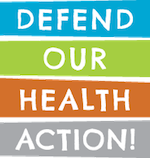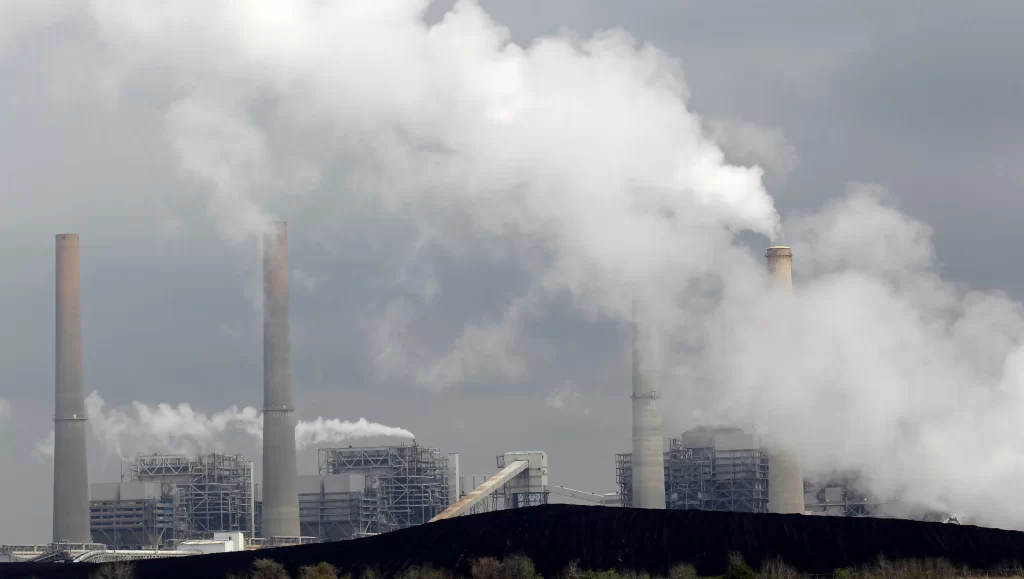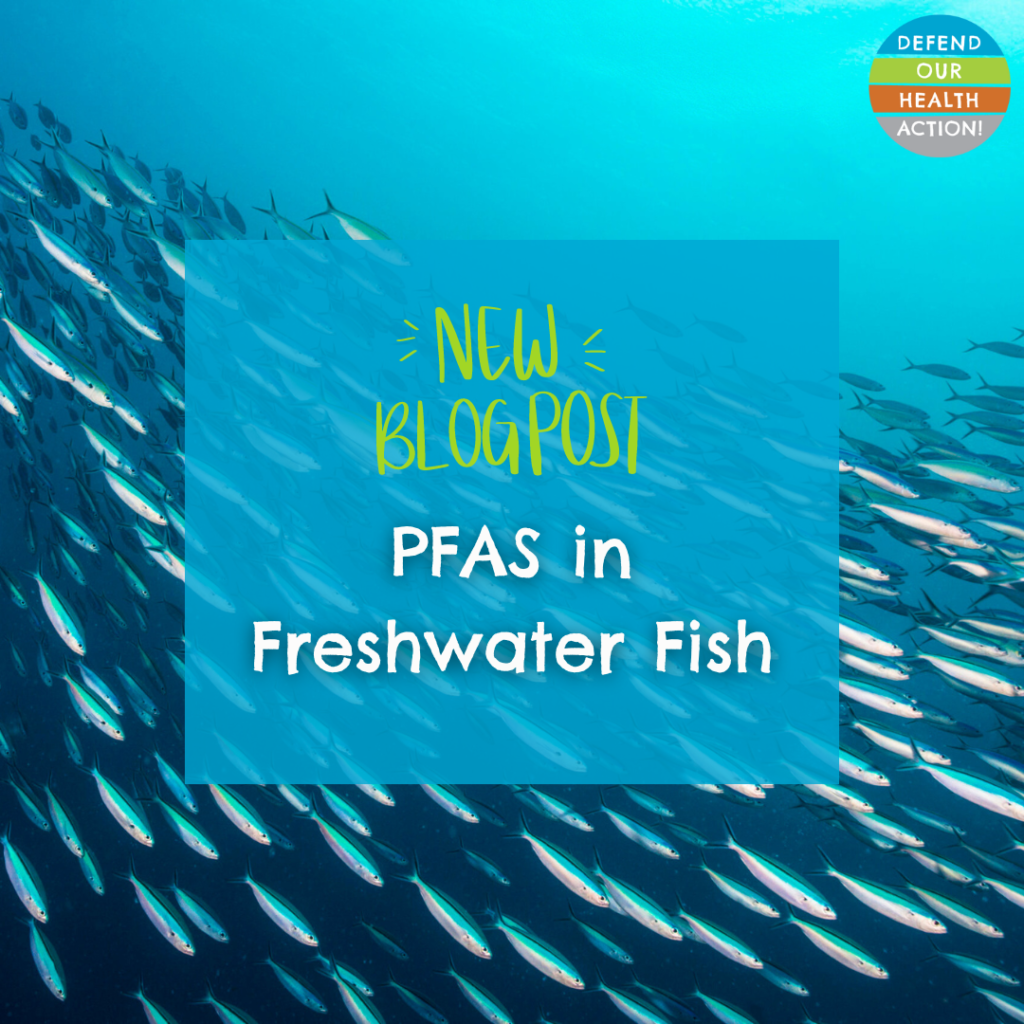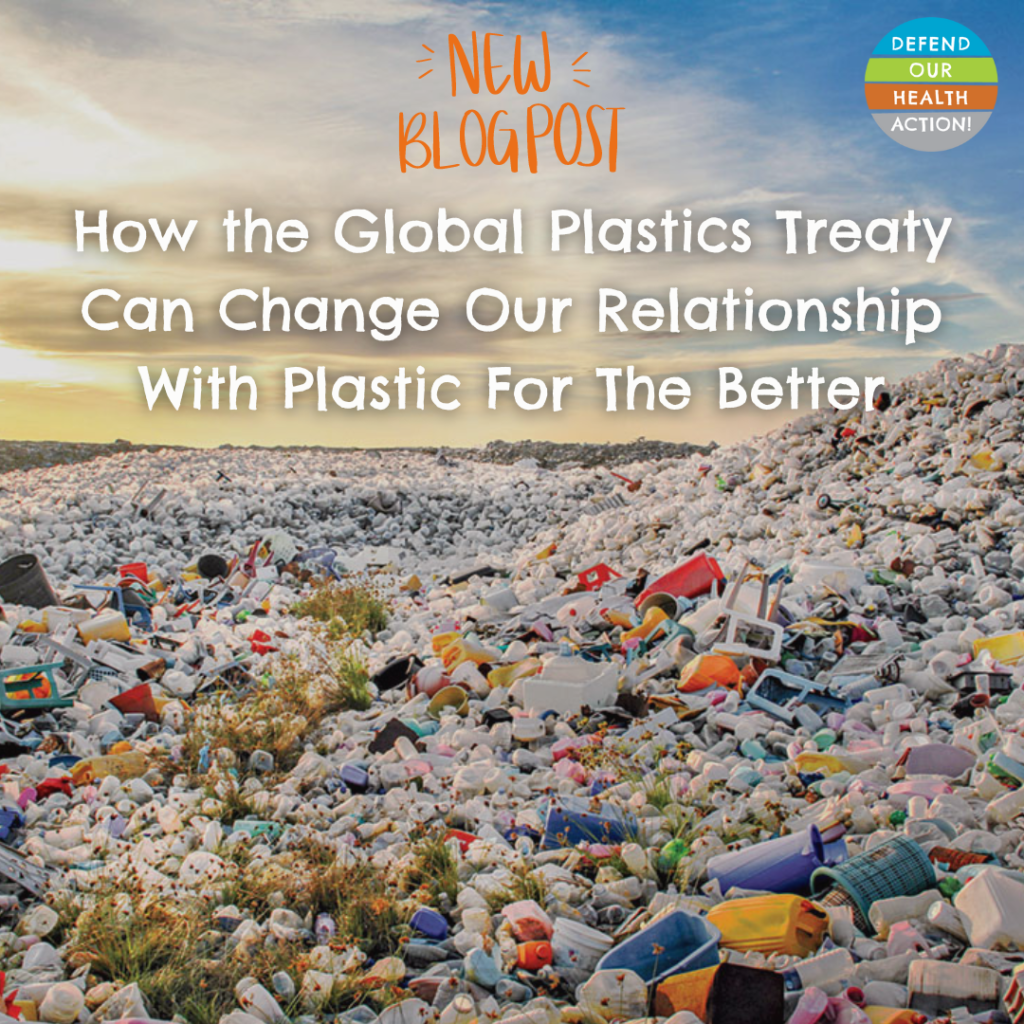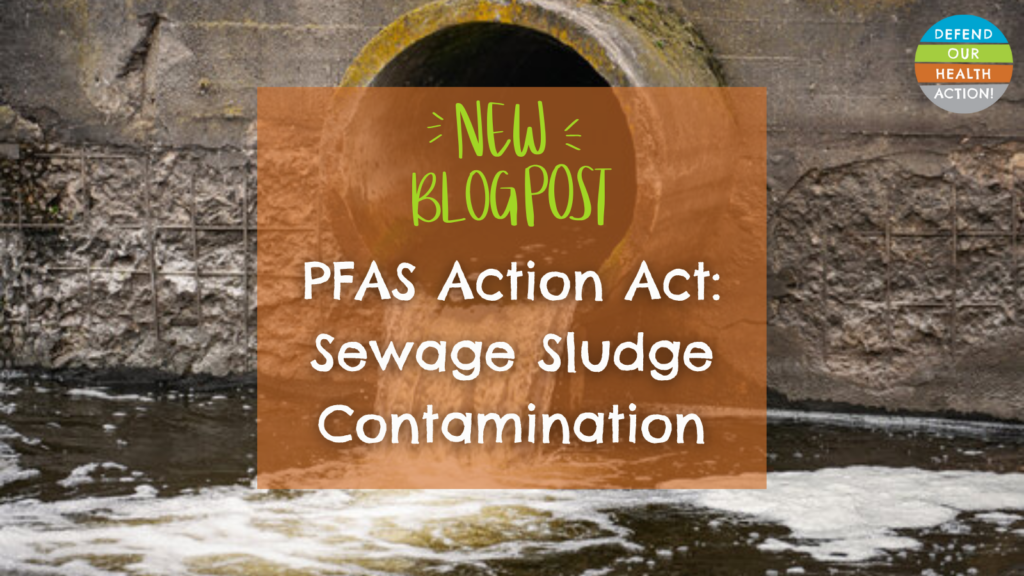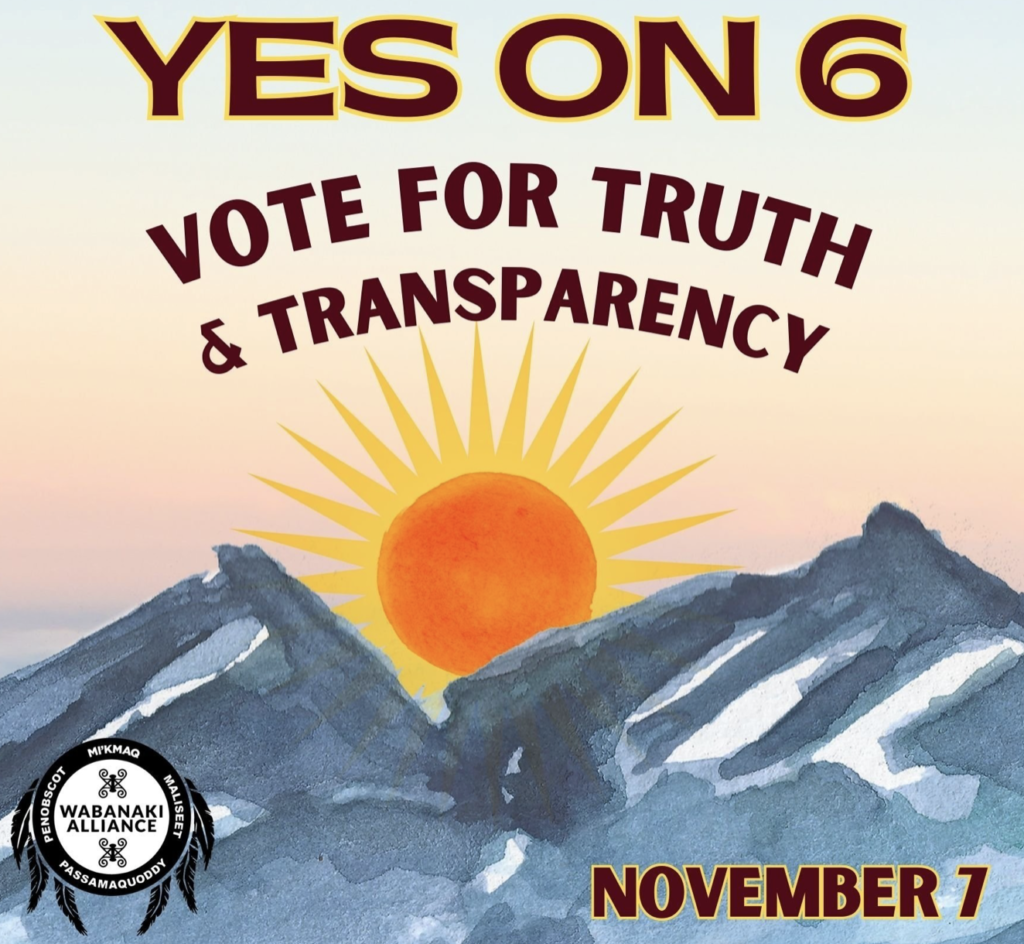Posts by Yasmeen Pauling
How Plastic Bottle Production Impacts Air Quality
This week is Air Quality Awareness Week. In alignment, we are highlighting the impact of plastic bottle production on air quality. In 2019, The World Health Organization found that 99% of the world’s population lived where the WHO air quality guidelines were unmet. They also estimated that 4.2 million premature deaths were caused by outdoor…
Read MorePFAS in Freshwater Fish: Maine
PFAS is a toxic chemical that can contaminate the air we breathe, the water we drink, and the soil we use to grow our crops. Stories of PFAS found in farm animals have also increased. One area of contamination you may have seen in the news recently is the toxic chemicals found in fish! How…
Read MoreDiane Wilson: The Fight Against Formosa Plastics Corporation
Diane Wilson is an award-winning environmental activist and author. She has won numerous awards for her work in environmentalism, but initially, this was something she never envisioned herself doing. In 1989, Diane Wilson was a shrimp boat captain at a fish house in Calhoun County, Texas, when a co-worker approached her with an article in…
Read MoreThe Fight Against PFAS Contamination in Tennessee
Today, we focus our sights on Tennessee in our ongoing series highlighting PFAS contamination issues nationwide. In 2019, the company 3M admitted that it had illegally released toxic chemicals into the Tennessee River from its Decatur, AL manufacturing plant. 3M did this, although it had been barred from doing so under the US Toxic Substances…
Read MoreHow the Global Plastics Treaty Can Change Our Relationship With Plastic For The Better
As we inch closer to the fourth session of the Global Plastic Treaty negotiations, it is important to understand our current relationship with plastic, how we got here, and how the Global Plastics Treaty can improve our relationship with plastic. Our dependence on plastic production from fossil fuels began in the 1960s, and for the past 65…
Read MoreHow Plastic Pollution Disproportionately Impacts Communities of Color
In Defend Our Health’s scathing report titled Hidden Hazards: The Chemical Footprint of a Plastic Bottle we found that 64% of residents who face serious cancer risks from ethylene oxide omissions (a toxic chemical used in the production of plastic) are people of color. Many of these communities are located along the Gulf Coast, infamously…
Read MorePFAS Action Act: Sewage Sludge Contamination
PFAS contamination via sewage sludge has impacted the lives of many farmers in Maine and across the county, so much so that a sludge crisis has ravaged multiple states. The biggest question on your mind may be, “How does this happen?.” Sewage sludge is the leftover contaminant from treating wastewater. Whenever we flush anything down…
Read MoreDefend’s 5-Year Reflection: Our Track Record on Solving The PFAS Crisis
Over the past five years, Defend Our Health has lived up to its name by consistently advocating for the right to equal access to safe food and drinking water. Defend has led the nation in effectively protecting public health and ensuring justice for people harmed by ‘forever chemicals’ known as PFAS (per- and polyfluoroalkyl) for…
Read MoreThe Fight Against PFAS Contamination in South Carolina
PFAS contamination is an issue that is impacting farmlands all across the nation. From Maine to New Mexico, the rise in PFAS contamination has reached a crisis level and is impacting U.S. citizens from all backgrounds of life. Today, we are focusing our sights on South Carolina. According to The State, recent testing in South…
Read MoreYes on Question 6: Truth, Transparency, and Accuracy in Maine’s Constitution
November 7th is election day and there are a few important questions on this year’s ballot. One of those questions is Question 6. WHAT IS QUESTION 6? Question 6 is a referendum question that pertains to the top of tribal sovereignty in Maine. More than 100 years ago, the state of Maine stopped printing the…
Read More